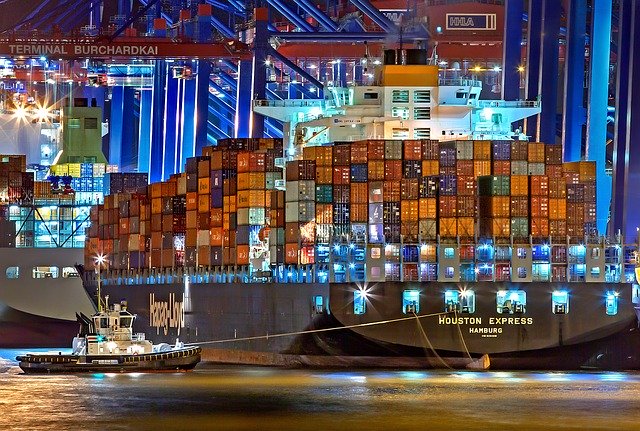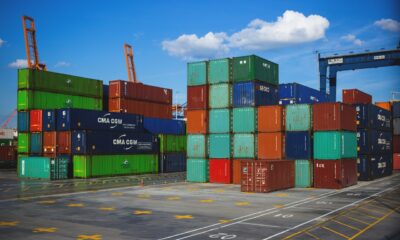World News
How to ship goods from United Kingdom to Nigeria

Shipping goods from the United Kingdom to Nigeria involves several steps and considerations. Here’s a general guide to help you with the process:
-
Research Import Restrictions and Regulations: Start by researching the import restrictions and regulations of Nigeria. Different goods may be subject to specific import permits, duties, taxes, or may be prohibited altogether. Check with the Nigerian Customs Service or consult with a local customs broker to ensure you comply with all requirements.
-
Choose a Shipping Method: There are several shipping methods available, including air freight and sea freight. Air freight is faster but more expensive, while sea freight is more economical for larger shipments but takes longer. Select the method that best suits your needs and budget.
-
Select a Shipping Company or Freight Forwarder: Find a reliable shipping company or freight forwarder that has experience shipping goods to Nigeria. They can assist you with the logistics, paperwork, and customs clearance.
-
Packaging and Labeling: Properly package your goods to ensure they are protected during transit. Label the packages clearly with the recipient’s name, address, and contact information.
-
Prepare Shipping Documents: The required documents may include a commercial invoice, packing list, bill of lading, and any necessary permits or certificates. Your shipping company or freight forwarder can advise you on the specific documentation needed.
-
Calculate Duties and Taxes: Work with your shipping company or freight forwarder to calculate the applicable duties, taxes, and any other fees that you will need to pay upon arrival in Nigeria.
-
Insurance: Consider obtaining shipping insurance to protect your goods in case of loss or damage during transit.
-
Track Your Shipment: Ensure that you can track your shipment’s progress from the UK to Nigeria. Many shipping companies provide online tracking services.
-
Customs Clearance in Nigeria: Your shipping company or freight forwarder should handle customs clearance in Nigeria. However, it’s essential to be prepared for any potential delays that can occur during this process.
-
Delivery and Receipt: Once your goods clear customs in Nigeria, they will be delivered to the recipient’s address. Ensure the recipient is ready to receive the shipment and inspect the goods upon arrival.
-
Follow Up: After the delivery, follow up with the recipient to ensure everything arrived in good condition and there are no issues or complaints.
Please note that this is a general overview, and the specific requirements and procedures may vary based on the nature of the goods being shipped and any changes in regulations. It is always best to consult with a professional shipping company or freight forwarder for personalized guidance and support throughout the shipping process.

















